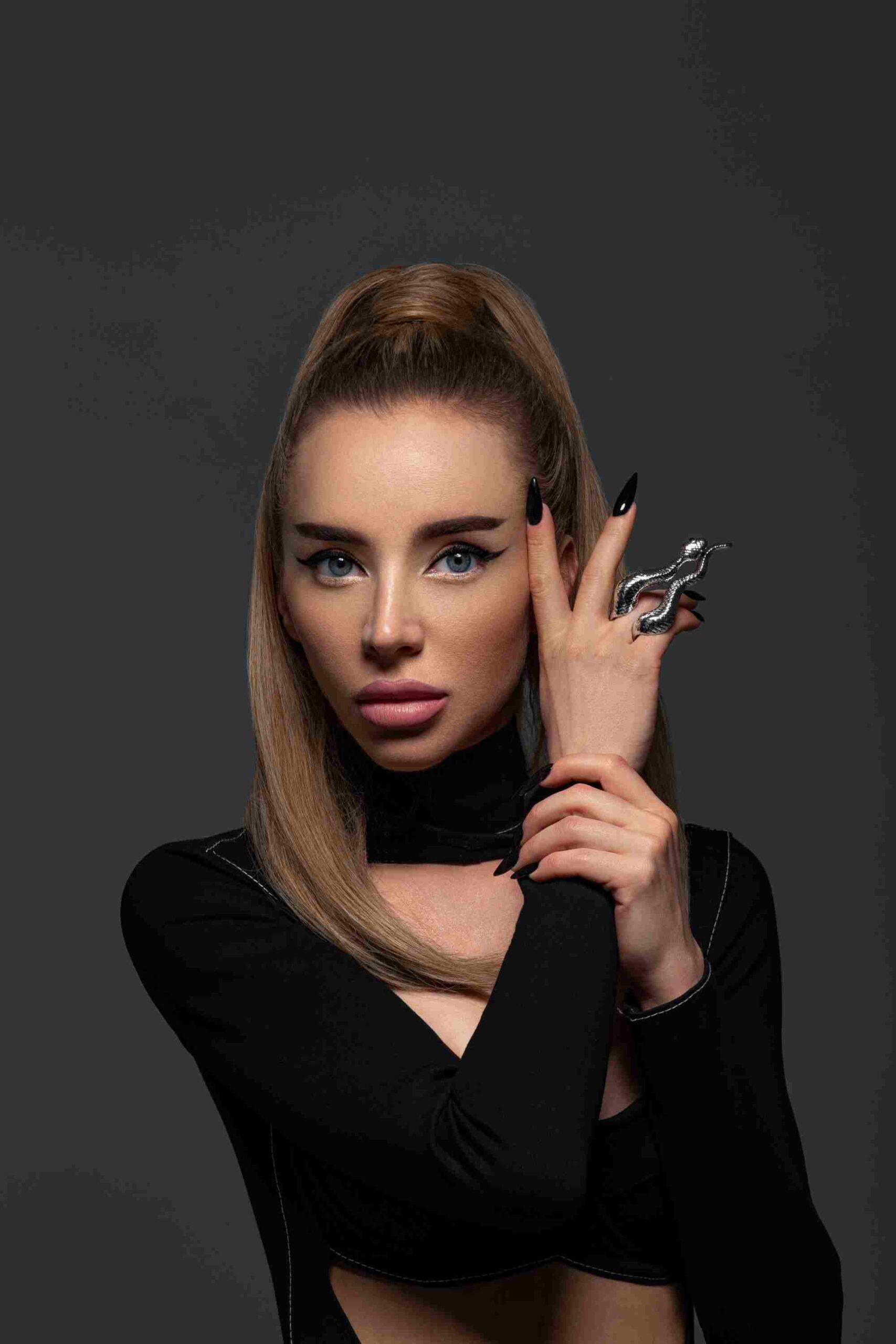
The doubt was there. On Saturday, Spain selected the song “Zorra” for Eurovision, with lyrics that intend to reinterpret the meaning of an insult traditionally yelled at women by repeating it and reclaiming it. Many feared the EBU wouldn’t accept it, but now they have given Nebulossa the green light.
In a press statement sent to Spanish media, the EBU has confirmed that “Zorra” is eligible for Eurovision in its current form:
“The EBU understands there are many interpretations of the title of the song submitted by RTVE to represent Spain in this year’s Eurovision Song Contest. Considering its intended use in the context of the song’s lyrics and message, as explained to us by RTVE, we have concluded the song is eligible to participate in this year’s competition. The staging of the song in May, as with all participating acts, will be agreed with producers at a later date.”
Therefore, Nebulossa will be able to represent Spain with the lyrics they created, and they won’t need to record a toned-down version for Eurovision.
Speaking on Sunday after the finale, Head of Communications at RTVE, María Eizaguirre, explained the difference with a well known case: Måneskin had to change the words “coglioni” and “cazzo” in their Eurovision 2021 winning song “Zitti e Buoni”. The difference, she argued, is that “Zorra” has wider meanings than those two words, and does not refer to an intimate part of the body.
What do the “Zorra” lyrics mean?
“Zorra” delivers a message of female emancipation, empowerment and reassurance: “I know I’m not who you want, I know, I get that you’re upset by it, but this is my nature, I can’t be bothered to change for you”.
The word “zorra”, in Spanish, literally means “vixen”. However, it is translated as “bitch” in a figurative sense, and that is the most commonly used meaning of the word.
This is actually one of the most blatant cases of built-in sexism within the Spanish language. While the male version of the noun, “zorro”, is used figuratively to refer to someone who’s astute, the female version of the word is much more widespread and used as an insult.
Nebulossa revolts against this and uses this insult in order to create an anthem of female empowerment: “I already know I’m only a bitch, that my past consumes you. I already know I’m the black sheep, the misunderstood one, the stone-cold one. But this is my nature, I can’t be bothered to change for you”.
Zorra: A government affair
The aftermath of Nebulossa’s victory at Benidorm Fest has made it clear that this year’s contest will have a big impact on Spanish society. Not only by becoming the first Benidorm Fest performance to hit one million views on YouTube, but also creating a lot of conversation.
Indeed, even Spain’s Prime Minister, Pedro Sánchez, commented about the song. Asked about it on Al Rojo Vivo, Sánchez said: “I think feminism is not only just, but also fun. These kind of provocations have to come necessarily from culture. I get that the alt right media would love to have the “Cara El Sol” [a Francoist song], but I prefer to be represented by this kind of song”.
? Pedro Sánchez, sobre ‘Zorra’, la canción que va a representar a España en Eurovisión: “Entiendo que a la fachosfera le hubiera gustado tener el ‘Cara al sol’, pero a mí me gustan más este tipo de canciones” pic.twitter.com/NqBYLjj1jq
— AlRojoVivo (@DebatAlRojoVivo) February 5, 2024
Sánchez wasn’t the only member of government to speak about “Zorra”. Minister of Equality, Ana Redondo, found that the song “broke moulds” and “it was a proof of diversity, where we all fit”; whereas Minister of Science, Diana Morant, shared the news that the lyrics can stay and said: “It will be a delight to dance to the rhythm of Nebulossa at Eurovision. Go triumph in Malmö!”
What do you think about the “Zorra” lyrics? Are you happy that Nebulossa is representing Spain? Did you fear they would have to change the song? Let us know in the comments section below!















